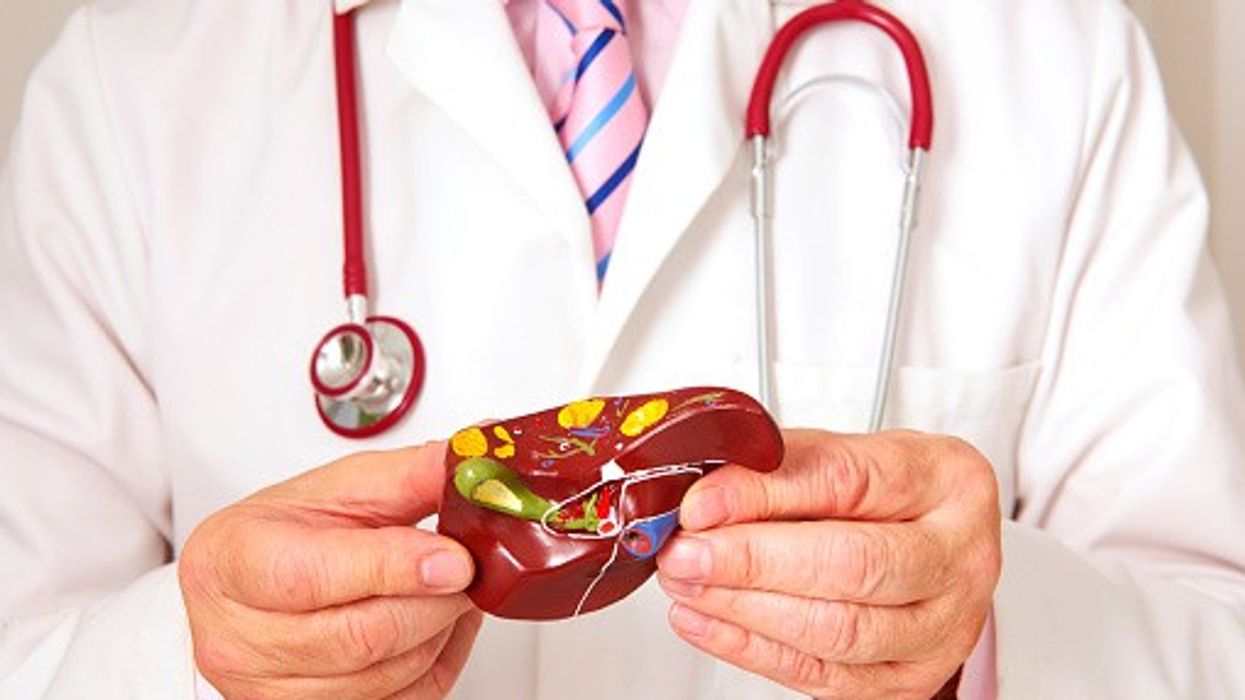Key Summary
- NHS liver scanning trucks tested 113,000 people nationwide
- 8,470 flagged for further cancer checks; focus on high-risk groups
- Early detection drive supports NHS 10-Year Plan, boosting survival rates
NHS has stepped up liver health checks with scanning trucks testing nearly 113,000 people since its roll out. It aims to detect liver cancer as early as possible, so that the treatment is more effective.
Currently, 20 roaming teams offer the scans in every region of England.
Liver cancer is the UK’s fastest-rising cause of cancer deaths, with hepatocellular carcinoma (HCC) accounting for 85 percent of cases.
During this NHS outreach, 8,470 people were recommended to undergo vital liver cancer checks after the initial fibroscan showed an increased risk of developing cancer.
The programme focuses on vulnerable sections like people with high alcohol consumption, currently diagnosed or with viral hepatitis history, or patients with any form of non-alcoholic liver diseases.
The trucks are driven to areas like GP practices, food banks, diabetes clinics, sexual health clinics, homeless shelters, etc.
However, some trucks even visit spots such as football matches and supermarkets to provide greater access to people.
NHS teams are working with local communities, charities, and GP practices to target liver scans for those most at risk, including people with type 2 diabetes and obesity.
Recent figures show the NHS met the Faster Diagnosis Standard, with 76.8 percent (218,463 people) diagnosed or cleared within 28 days – the highest June on record.
Due to this drive, more than 53,000 people began cancer treatment within 31 days.
“By reaching out into communities and making it easier for people to get checked, we will catch more cancers at an early stage, when the chances of successful treatment are much higher, and this can save lives,” said Professor Peter Johnson, the NHS national cancer director.
“Liver cancer often develops silently, and many people are only diagnosed at a stage when treatment options are limited,” said Pamela Healy, the chief executive of the British Liver Trust.
The programme is part of NHS’s shift from treatment to prevention as per the 10 Year Health Plan.













